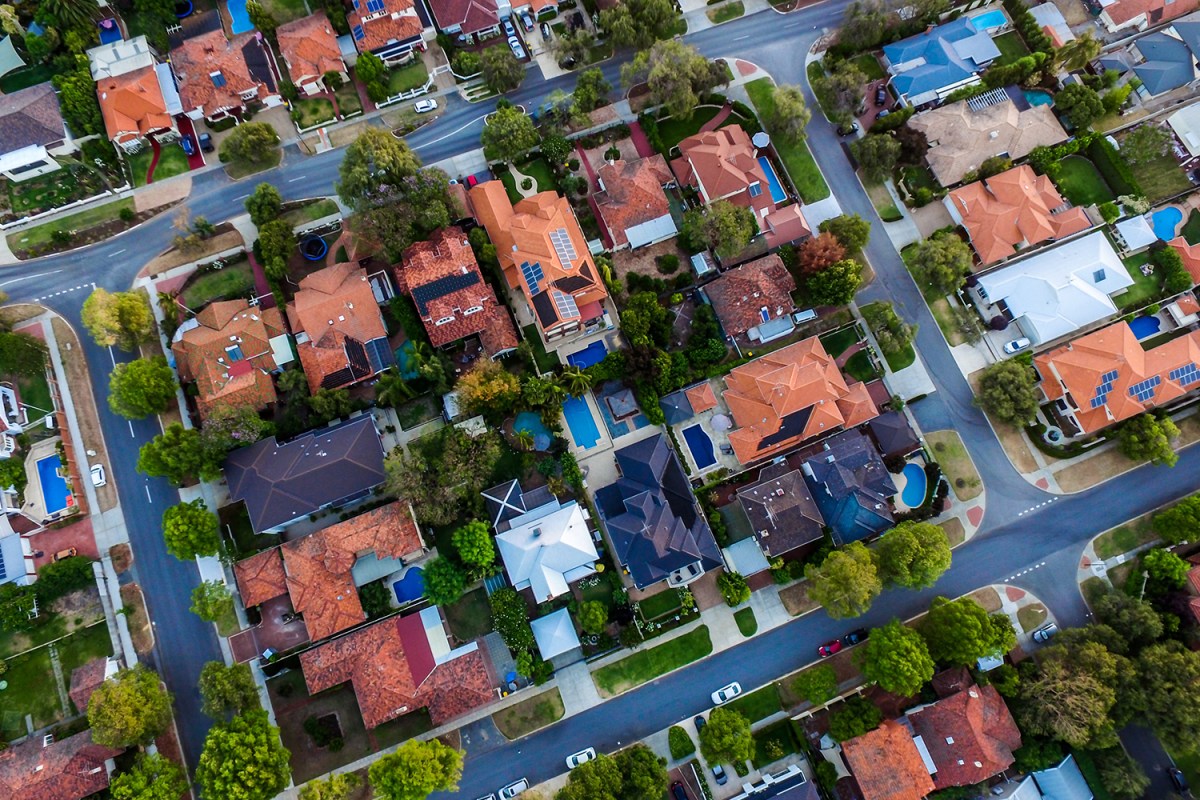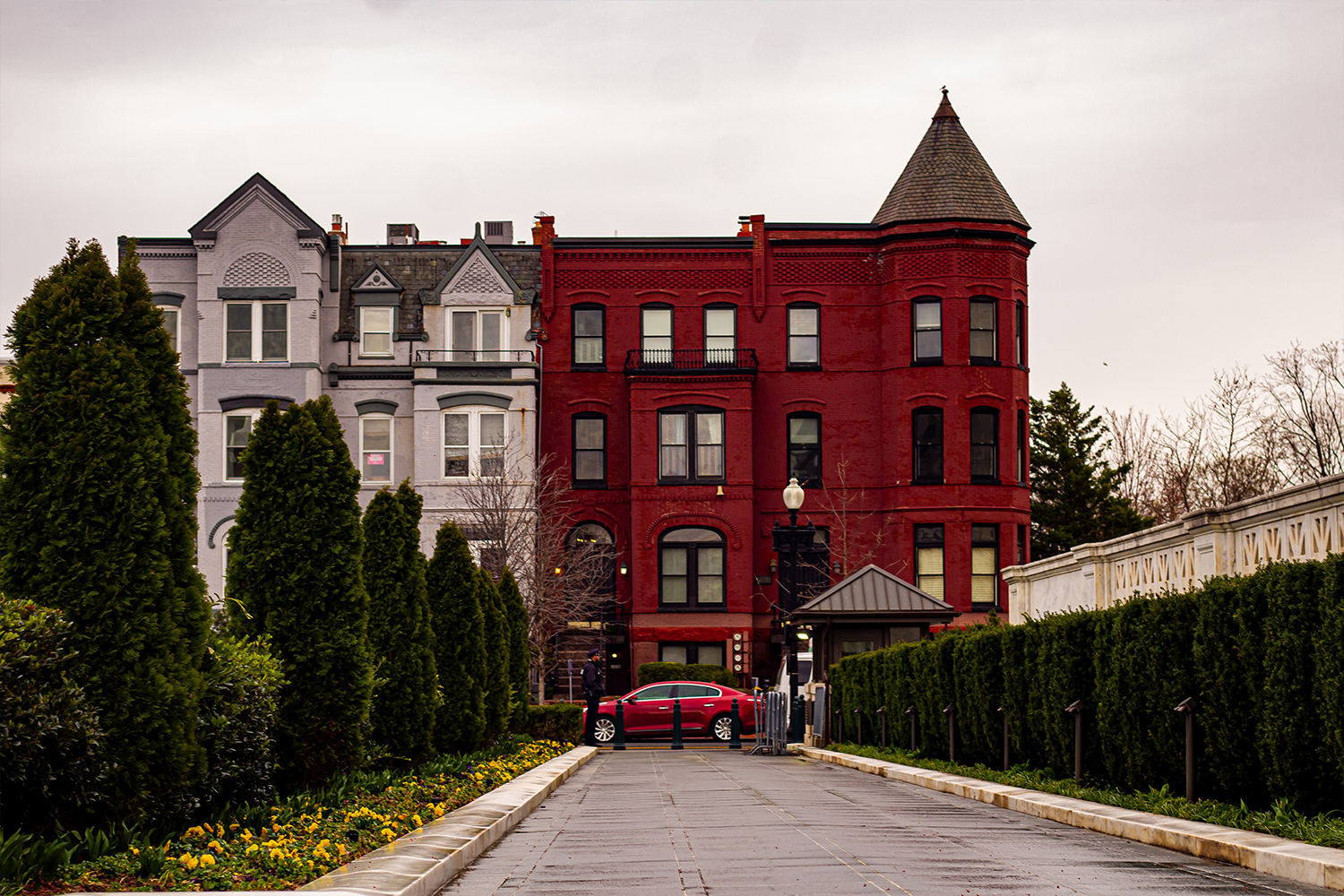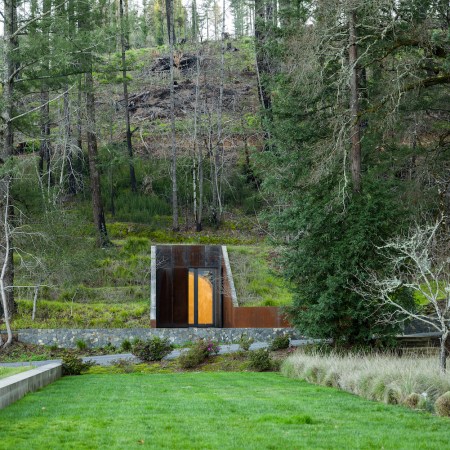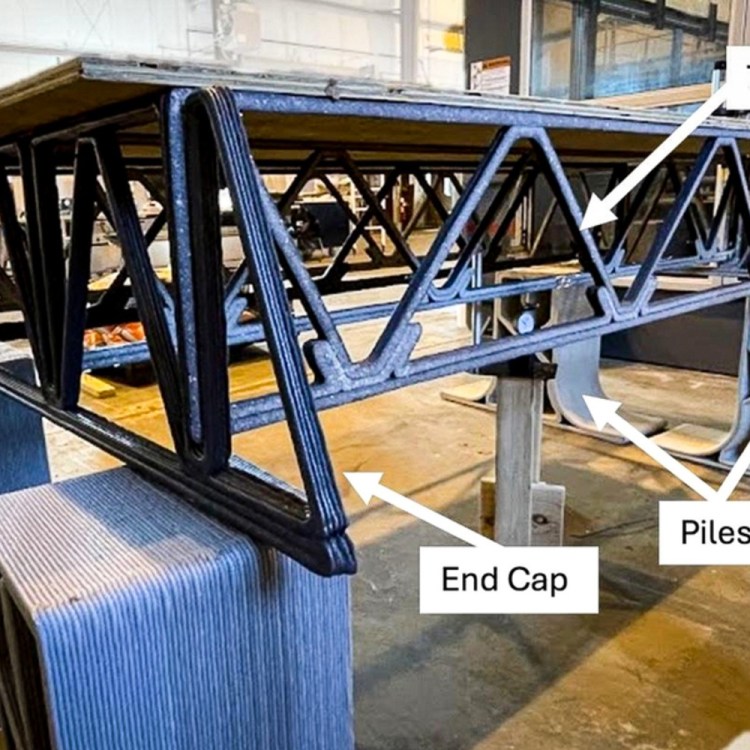Since the pandemic first hit the United States, a number of narratives have emerged about its effect on real estate. Rent in historically pricey cities dropped — but the market for those looking to buy was more complicated. And some cities used the pandemic and the likelihood of more jobs being remote going forward to entice new residents to consider moving there.
Trying to assemble all of this into one coherent narrative is tricky, though; while housing markets have been in flux before, they’ve never really gone through changes in the way they have in the last year. At The Atlantic, Derek Thompson explored the different trends which developed since early 2020 — and reached some startling conclusions.
Thompson cites San Jose as one city where these contradictory trends can be seen in sharp relief. In the city in question, home prices increased by 14% while rents dropped by 7%. “This is unprecedented,” Zillow senior economist Jeff Tucker told The Atlantic.
The article cites a few factors that might help to explain it. Many home buyers sought houses with similar amenities during the pandemic — Thompson mentions home office space as a particular draw. That competition has had an effect in heightening prices for a certain range of homes.
As Thompson notes, this peculiar real estate situation has its bleaker side as well. “The plague disproportionately infected and impoverished minority and low-income hourly workers,” he writes. “But for some rich households, it created the perfect opportunity to spring for that Florida vacation house, or that suburban lot with the south-facing pool.”
As with so many things in this moment in time, the state of the housing market is both complex and contradictory — a paradox without an easy solution.
Thanks for reading InsideHook. Sign up for our daily newsletter and be in the know.

















